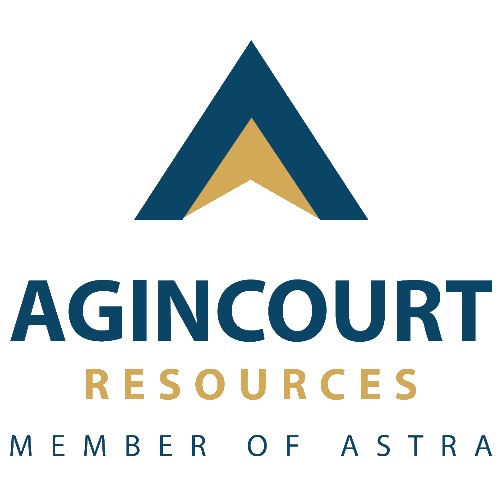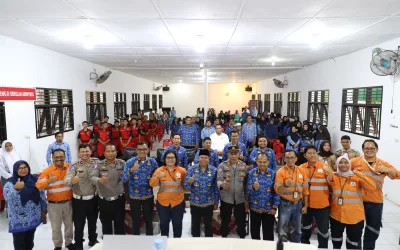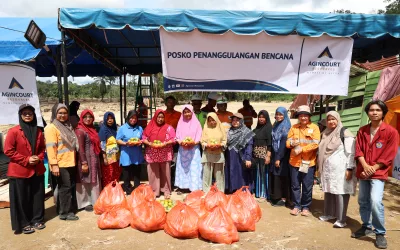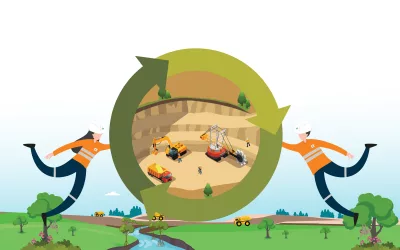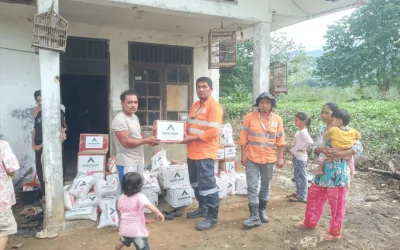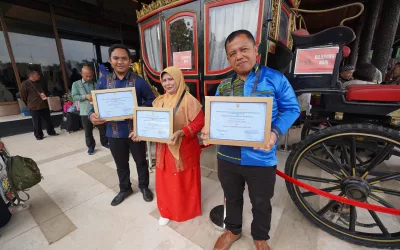Agincourt Resources is strongly committed to environmental stewardship through the implementation of an Environmental Management System (EMS) that aligns with international standards as well as national regulations. Key regulations guiding this commitment include Law Number 32 of 2009 on Environmental Protection and Management, Government Regulation Number 22 of 2021 on the Implementation of Environmental Protection and Management, and technical regulations from the Ministry of Environment and Forestry (KLHK).
This system ensures that all mining activities are conducted responsibly, minimising impacts on the environment and surrounding communities. The EMS is implemented starting with an Environmental Policy that emphasises pollution prevention, efficient use of natural resources, and long-term sustainability.
In daily operations, every activity is analysed to identify environmental aspects such as wastewater management, air emissions, hazardous and toxic waste (B3), tailings, noise, and land reclamation. The impact of each aspect is then managed through sustainable and innovative technical programmes.
To ensure effectiveness, Agincourt Resources develops an Environmental Management and Monitoring Plan (RKL-RPL), conducts regular environmental quality monitoring, and reports findings to relevant authorities and stakeholders. An environmental emergency response system is also in place to prepare for potential incidents, such as chemical spills, hydrocarbon leaks, or failures of waste management facilities.
This commitment has been recognised internationally through ISO 14001:2015 certification since 2023. This acknowledgement confirms that all gold mining operations are conducted according to globally recognised EMS standards. EMS performance is also evaluated regularly through internal audits and external assessments, including the Company Performance Rating Programme (PROPER) by the KLHK. Over the past two years, Agincourt Resources has consistently achieved a Green rating thanks to innovative waste management, energy efficiency, reduction of air emissions, water efficiency, biodiversity conservation, and community empowerment programmes that support social and economic sustainability in the mining area.
